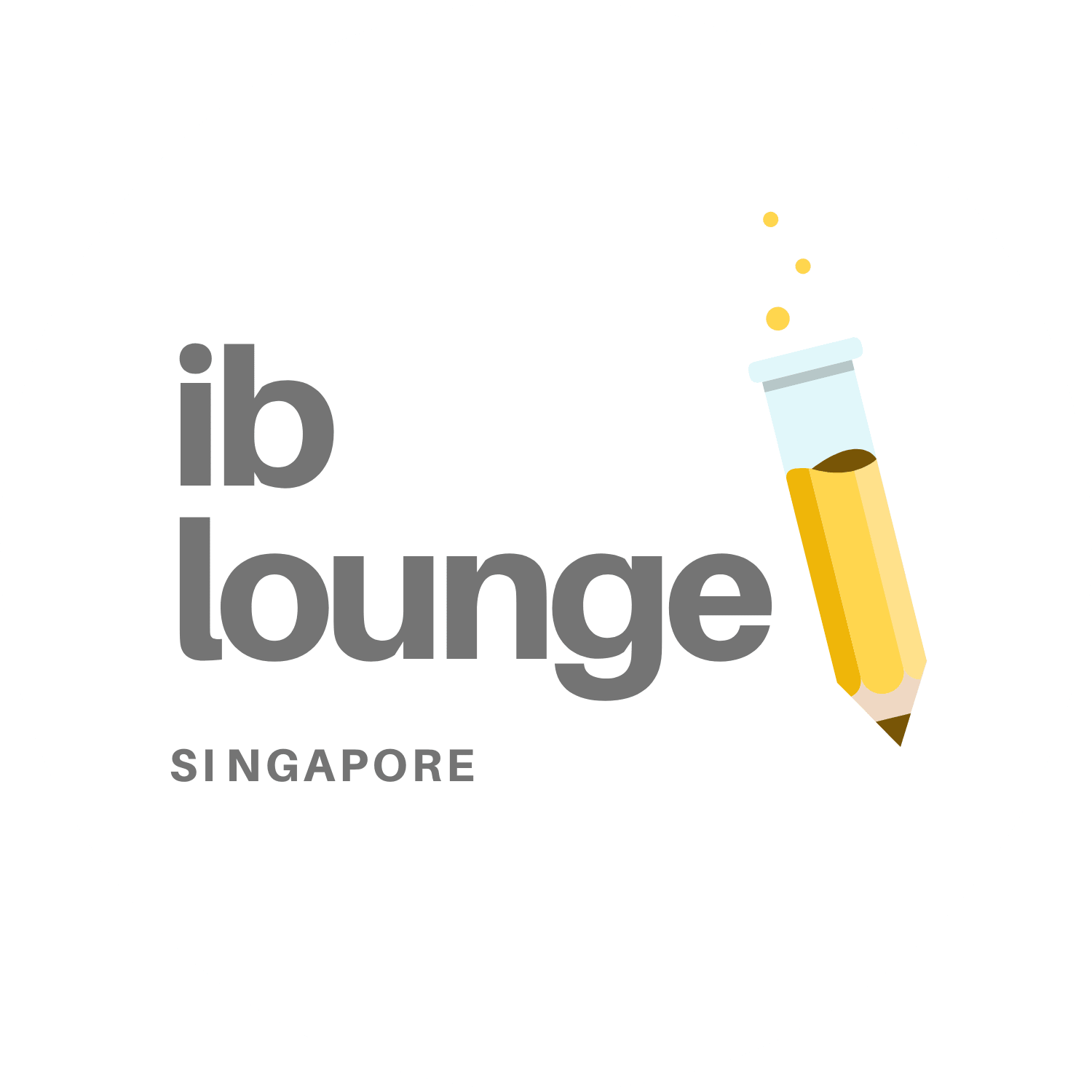How To Choose Your Subject Combination for IB
With JAE posting results around the corner (for international school or IP students, this refers to the tertiary education — junior college or polytechnic — an O Level graduate will be posted to), many who have opted for the IB program will probably be filled with an overwhelming level of uncertainty.
In this article, we’ll cut straight to the chase. It’s ridiculously straightforward.
There are six subject groups in IB, as follows:
Group 1: Studies in Language and Literature
Group 2: Language Acquisition
Group 3: Individuals and Societies
Group 4: Experimental Sciences
Group 5: Mathematics
Group 6: The Arts
With the IB, you have the flexibility to pick and choose three subjects to study at Higher Level (HL) and another three subjects at Standard Level (SL). This means that you might end up with a subject combination that only you take in the single cohort.
The catch: You have to pick one subject from each subject group.
The exception: You can change a Group 6 subjects for an additional Group 3 or Group 4 subject. This means that you don’t need to take Visual Arts or Music (Group 6); you can instead take an additional Humanities/Social Science (Group 3) or Science (Group 4).
Choosing your subject combination is super vital, because studying any subject at IB isn’t a walk in the park. It is thus imperative that you think very carefully about your subject combination, and the choices laid out for you
Here are two important factors to consider during your decision-making process:
1. Do I need it?
2. Am I good at it?
When it comes to university/college level, some courses require specific subjects to be taken at specific levels, with specific grade requirements.
For instance, medicine usually requires HL Chemistry with HL Biology/Physics/Mathematics. If you are thinking of studying Economics in UK universities, you are required to take HL Mathematics. When it comes to US institutions, they are usually more flexible with subject choices as the US is usually a four-year long college program, whereby the first year is usually inclusive of studying subjects from different academic disciplines. That means, doing Science, Math, Humanities all over again at a university level.
Universities generally specify:
- What specific subjects they want you to take + at what level
- Score expectations for your HLs
- Score expectations for overall IB results
Even if you have no clue what course or college you are aiming for, just be sure that your subject choices aren’t limiting your future application options. If it’s possible you may read Social Sciences in university like NUS’s FASS or English Lit. in the UK, it’s not necessary to take humanities at a higher level as universities usually do not have humanities pre-requisites. Conversely, if you are open to the idea of engineering, then taking Higher Level Physics and Mathematics is paramount if not you are letting this pathway shut in the future.
I am aware of two people that took two Higher Level sciences, but were aware that they wanted to pursue law for their undergrad studies. Their rationale was that they checked the subject requirements for the course, and realised that it was unnecessary to take a humanities-skewed HL combination. (Sadly, in this day and age, many competitive science -based courses require science prerequisites, while humanities-based do not.)
They probably would’ve been find doing a typical humanities, conventional route (HL: History/Geog, Econs, LangLit), but they opted for double HL sciences as they felt it was arguably easier to score in clear-cut sciences than subjective humanities.
Therefore, the caveat: Weigh your strengths and weaknesses, and compare it with possible subject and course requirements. If you aren’t really good at something or do not require it, then opt for an alternative. If there’s room to work around course pre-requisites, be smart about it!
The next question is to then ask yourself:
3. Is it feasible?
4. Or pragmatic?
Understand that there will be time constraints when it comes to studying at a tertiary level. Studying a subject at HL means more commitment and effort, which means less time for other subjects. There’s always a trade off.
For instance, I know people who regret taking SL History out of pure interest, but were aiming to enter medical school. This eventually took a toll on their time rationing during the IB, as it was an extremely heavy-content for an SL. You do, of course, learn a lot from each subject, but if you think you’ll struggle too much, you should proceed with caution or even consider a subject switch halfway!
Even though you are interested in History as a side-line interest, learning is lifelong and can happen anytime, anywhere. It’s a process, and in this context, a matter of considering whether the IB is the right time and place for this to happen.
Final Words:
Choosing your subjects are very subjective of course! The point is to be smart and to consider all angles before making your decision. Ultimately, once you’re in, give it your all in your decision.
If you need more words of advice in this or a boost in your learning, feel free to reach out to us in our Enquiries page!
______________________________________________________________________________________________
I hope that this article has helped you make a decision! The IB is indeed a beautiful program, but it may simply not be everyone’s cup of tea.
This article is written by a tutor from the IB Lounge. We are a group of top-scoring IB graduates who believe in teaching our students not only content but also how to appreciate and enjoy their learning. Our classes are in-line with the IB syllabus and we try to make the lessons as relatable as possible, bringing in many real world examples.
